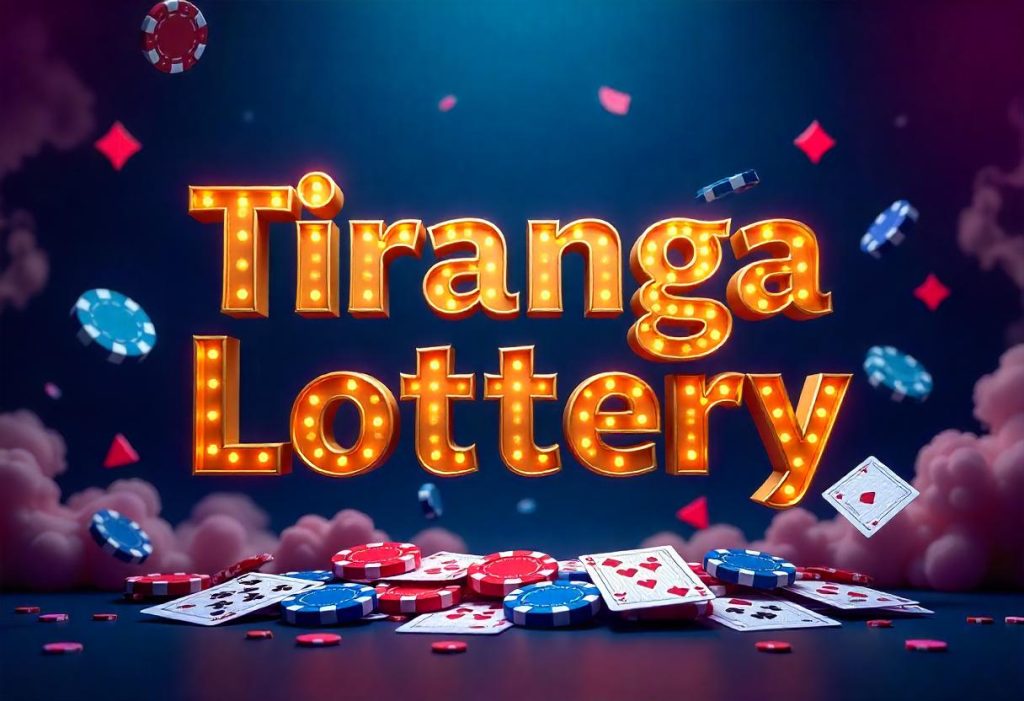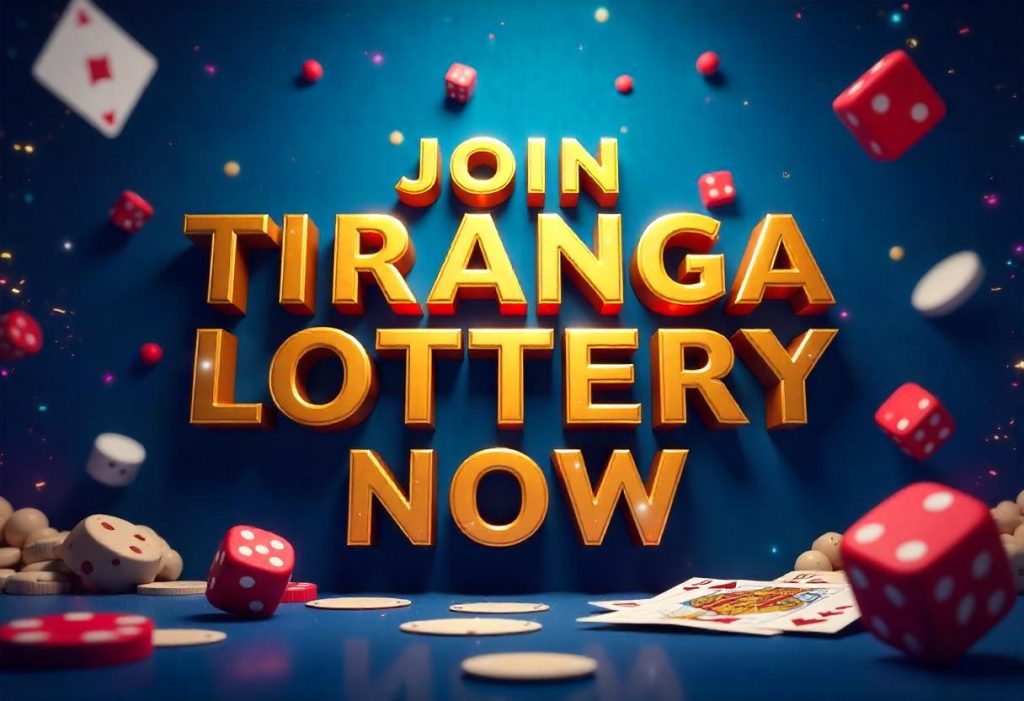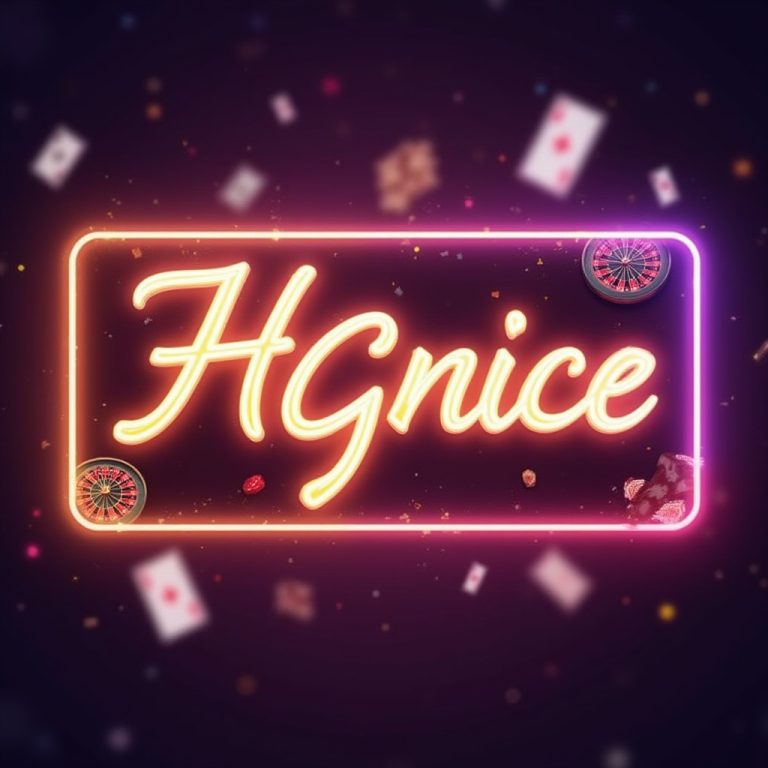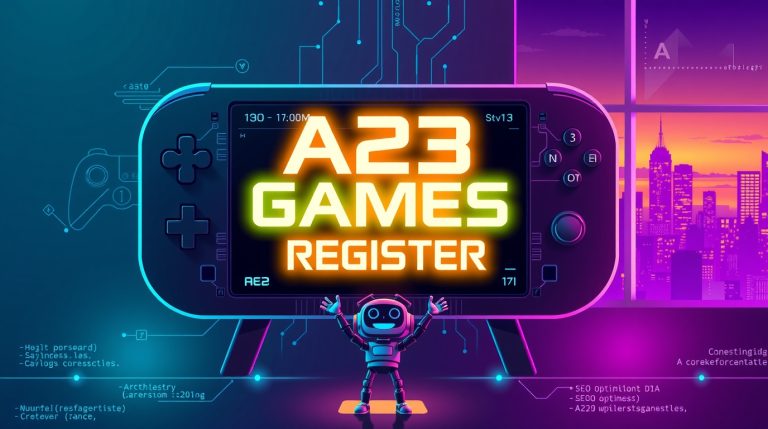
One of the lottery games that caught the attention of the rising online gaming industry in India is the Tiranga Lottery Game. This game claims to be a fun-filled digital lottery experience with a chance to win big, and best of all, it comes with the convenience of technology. But with the soothing hues of tricolor branding and a friendly user interface comes a plethora of concerns regarding ethicality, legality, and the socio-economic effects of such schemes.
What is the Tiranga Lottery Game?
Tiranga Lottery is primarily an online lottery where users buy tickets and wait for a randomized draw to see if they win. The platform claims to have multiple drawing sessions with a large payout, several winning opportunities, and most importantly, regular draws. All of this is sure to keep users invested. It gained popularity from aggressive marketing, influencer testimonials, and advertisements proclaiming monetary easiness.
Users can register, deposit, purchase lottery tickets, and view their winnings on an app or website. In addition, some versions of the Tiranga platform offer simple games such as color prediction, spin the wheel, and number matching that promote user time and engagement with the app.
Popularity and Cultural Resonance
The flag of India can easily ignite a feeling of nationalism in one’s heart. Tiranga is the name of the national flag of India and the branding of the game uses saffron, white, and green which gives it an Indian touch. This might be contributing to the increasing popularity of the game in the lower-tier cities where the user population does not have the capacity to analyze the effect of such games critically.
Mobile gaming has reached new heights in the current decade since everyone owns a smartphone and mobile data is easy to purchase. The blend of enjoyment and genuine cash incentives have allowed places like Tiranga Lottery to gain popularity, especially among the youth and those in lower socio-economic brackets who wish for rapid payment.
Legal Grey Areas
This is one of the more difficult topics. The varying state laws that exist make it a little more complicated to navigate through. Gambling is controlled by the regions through which the user is located. While stratagems and skill based games like poker tend to be often accepted, any type of lottery style gaming tend to be where lotteries are either banned or extremely controlled. Many online providers take advantage of this by labeling their games Skill Based or hosting their servers in less restrictive governance areas.
Some iterations of the Tiranga Lottery say they function under the ‘prediction games’ or ‘color-based skill games mud charge the boundaries of what is and isn’t legal. Nevertheless, the core of the lottery – putting one’s funds with no certainty of returns – is gambling in its most primal form.
To this day, no one centralized body supervises these platforms, which puts the players at a higher risk of scams, misuse of personal data, and unsanctioned practices. There have been stirring claims on social platforms regarding pre-staged results and payment delays, even though no grand-scale probing has come to light – so far.
The Choices We Make
Another key analysis touches on the behavioral changes. Lottery games are built to be appealing in the same way slot machines and poker apps are appealing. Deliberate tactics like eye-catching visuals and “reminders” (push notifications) help retain users and force them to remain logged in. More often than not, participants end up surpassing their financial limits chasing a victory they’ll never attain.

Numerous users on platforms like Reddit and Quora have recounted their experiences of coming across these platforms resulting in uncontrollable addicting along with the absence of mental wellness. The combination of endless possibilities, matched with constant strife to actually reach it, forge an escalated risk of addiction, particularly when there’s a clear absence of any support mechanisms.
The Conclusion
Tiranga is a profound example of an online lottery system that is marketed as a game which, like most gendres of gambling, its easy money proposition sounds appealing but comes with a great deal of emotional and financial toll. Its brand pose a particular challenge for the economically vulnerable as it combines digital ease with cultural identity. Yet, like every lottery and gander system in existence, the odds are rigged in favor of the house.
More regulations are needed alongside a clearer system of governance and public education to bridge the gap of exploitation Tiranga Lottery tries to claim it has molded entertainment.
Do you want to read more blogs like this? Follow Streamline News now!





2 thoughts on “Tiranga Lottery Game: A New Wave or Just Another Gamble?”